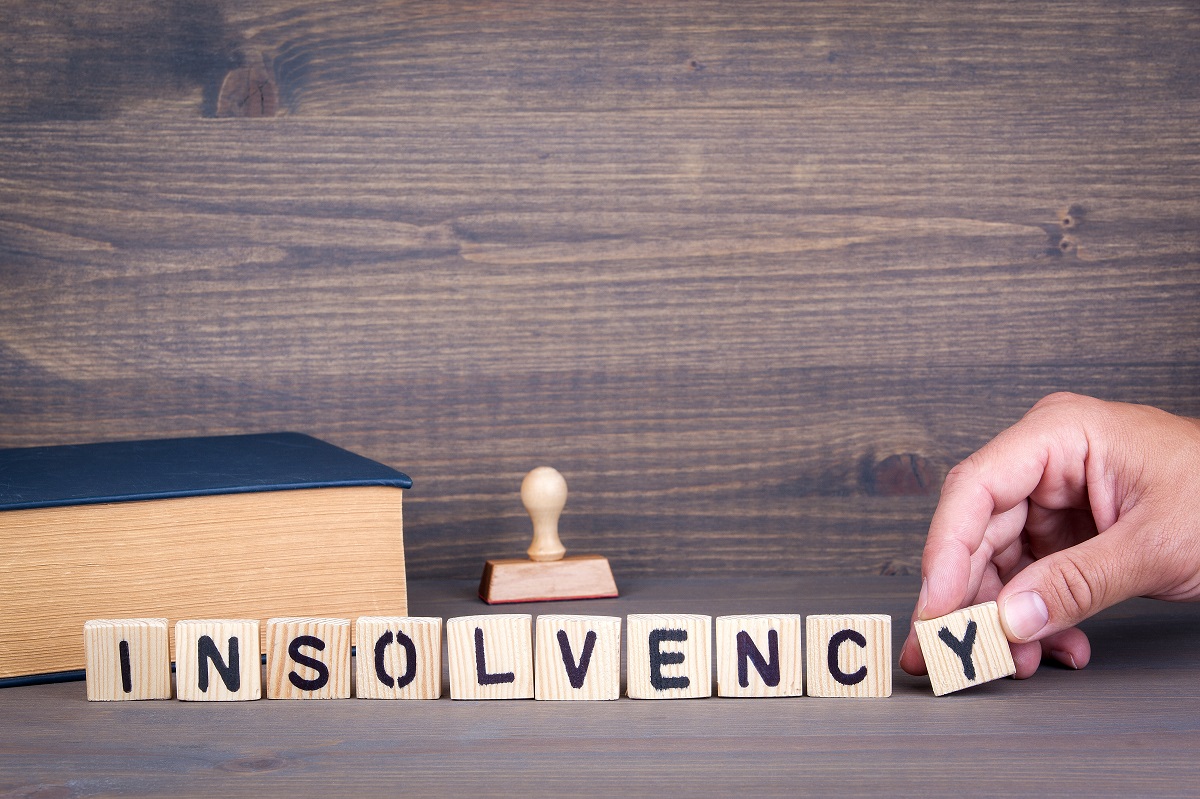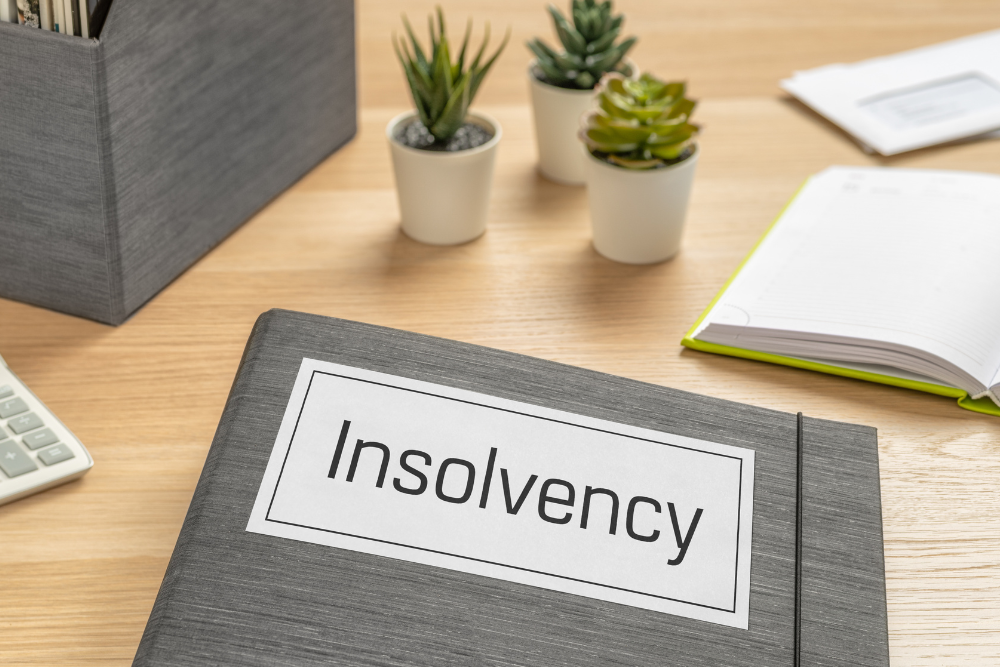The Ultimate Guide To Insolvency Practitioner
The Ultimate Guide To Insolvency Practitioner
Blog Article
Top Guidelines Of Insolvency Practitioner
Table of ContentsThe Buzz on Insolvency PractitionerThings about Insolvency PractitionerThe Main Principles Of Insolvency Practitioner Some Known Questions About Insolvency Practitioner.Getting The Insolvency Practitioner To Work
Whether or not you require to utilize a bankruptcy expert (IP) to liquidate your business depends upon various factors. While engaging a bankruptcy professional for all types of liquidation is not a legal demand, doing so can commonly improve the process and ensure conformity with legal requirements. Liquidating a company is a critical choice that includes significant effects.
It is a procedure used when a firm does not have any financial institutions, or every one of their lenders can be paid off in complete with statutory passion. Recognizing the different kinds of insolvency processes can aid you figure out the most effective strategy for your business's liquidation or other formal insolvency treatments itself.
This is necessary in order to follow legal demands - Insolvency Practitioner. This is due to the fact that IPs have the needed qualifications and experience to make sure that the liquidation procedure is conducted according to all appropriate legislations and laws. By involving a certified insolvency practitioner, you can have satisfaction recognizing that your firm's liquidation process will certainly be managed properly and in compliance with the relevant legal needs
9 Simple Techniques For Insolvency Practitioner
The insolvency expert is selected as a liquidator and is accountable for handling the business and liquidator's financial obligations superior responsibilities and possessions. This process includes liquidating the company's assets and dispersing the profits to creditors. Upon completion of the process, the company is removed from the register at Firms Home.
Stopping working to do so can result in individual liability for the company or supervisor for the lender's financial obligations. Volunteer liquidation, that includes Lenders' Voluntary Liquidation (CVL) and Participants' Volunteer Liquidation (MVL), is started by the company's supervisors and shareholders when they can no longer pay their debts. In a CVL, the insolvency practitioner is designated as the liquidator, liable for handling company debts and all firm properties.

Not known Factual Statements About Insolvency Practitioner
By assessing the expertise and experience of potential insolvency practitioners, you can guarantee that you choose a practitioner who possesses the needed credentials to handle your firm's liquidation process efficiently. While insolvency practitioner-led liquidation is typically one of the most appropriate program of action for companies dealing with bankruptcy, there are different strategies to take into consideration, such as striking off and partial liquidation.
It's important to assess all offered choices before determining on the following finest solution or training course of action for your company. Striking off business' registers is an extra straightforward and affordable means to close inactive or little firms with browse around here no debts or assets. To strike off a company, its name is eliminated from the Business House register by submitting kind DS01.
Before choosing for striking off, it's critical to consider the advantages and drawbacks of this approach and think about whether it's the ideal choice for your organization. Partial liquidation is one more alternative to insolvency practitioner-led liquidation, wherein a firm sells off certain assets and liabilities while proceeding to operate with the continuing to be properties and obligations.
An Insolvency Practitioner will certainly be able to advise you of the ideal strategy to take and ensure that everything runs smoothly. However, it is not possible to sell off a business without a liquidator. Designating an authorized insolvency expert is essential for the process of volunteer liquidation to start.
The Insolvency Practitioner Ideas
It is possible to close and liquidate your firm without using a liquidator, given your company is solvent and you meet the eligibility demands to liquify or liquidate it. If your business is financially troubled, you might be called for to use a liquidator and start formal bankruptcy treatments. Below are a few other useful articles regarding company liquidation in the UK:.
Remaining in a position where you're unable to pay your company's lenders is exceptionally stressful. In an attempt to avoid enhancing the level of financial obligation, lots of wikipedia reference business attempt to bargain straight with their financial institutions and concur to a casual setup. If the financial debt is fairly tiny and owed to one financial institution, and the creditor is being participating, participating in an casual financial debt setup is most likely the finest option, instead of searching the internet for 'a bankruptcy expert near me'.
On the various other hand, if there are several lenders and the level of financial obligation is big, creditors might not be so willing or participating. To avoid liquidation or personal bankruptcy, it is better to employ an insolvency practitioner to attract up formal proposals and negotiate with financial institutions on your behalf.
What Does Insolvency Practitioner Mean?
Whilst it is a method to manage debt, there are significant threats involved with this kind of debt plan - Insolvency Practitioner. If a creditor wants to enter right into a casual arrangement (IA) whereby the borrower has actually agreed to make routine, if lower, payments to pay back the financial obligation, it's important to adhere to the agreement

The financial institution is within their rights to back out of the contract and application the courts for your company to be liquidated at any type of time. An official setup that has been suggested by a bankruptcy practitioner on your behalf, and concurred by a financial institution, provides a much more secure option.
Report this page